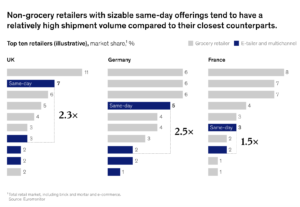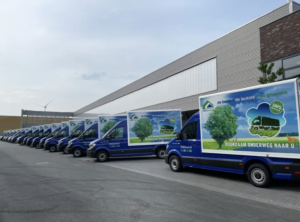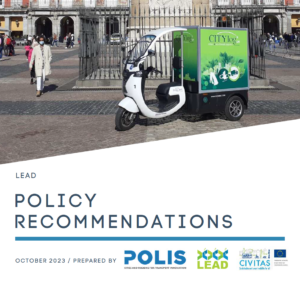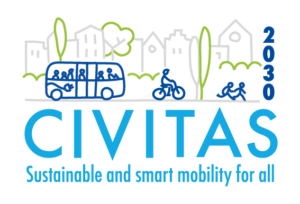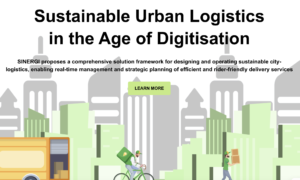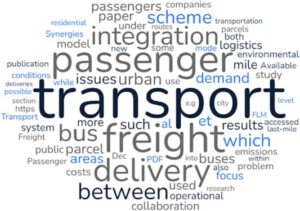Does parking matter? The impact of parking time on last-mile delivery optimization
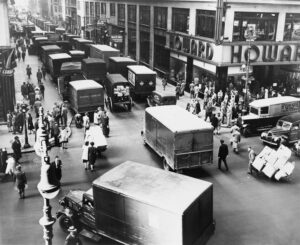
Parking is necessary for traditional last-mile delivery practices, but finding parking can be difficult. Yet, the routing literature largely does not account for the need to find parking. In a new paper, the researchers address this challenge of finding parking through the Capacitated Delivery Problem with Parking (CDPP). Unlike other models in the literature, the …

